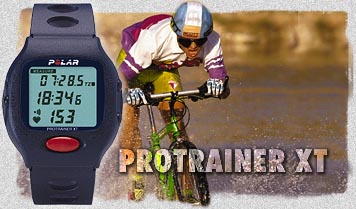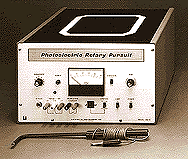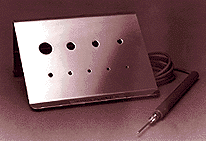

The Exercise and Sport Psychology laboratory is located in the Exercise and Sport Research Institute (ESRI) in close proximity to the other exercise science laboratories (e.g., exercise biochemistry, biomechanics, endocrinology, motor control, and motor behavior laboratories). The Exercise and Sport Psychology Laboratory consists of four rooms, two of which are used for testing subjects, one serves as a computer facility for master's and doctoral students, and the other room is a large general purpose room for meetings, undergraduate students labs, and large-scale testing of subjects. In this laboratory students have 24-hour access to seven Pentium II 300-MHz (MMX) multimedia computers with 64 MB of RAM and 17 inch monitors. There are also two 486 computers that are frequently used to record performance scores. These computers are used for a variety of tasks, including: (a) word processing of theses, dissertations, and scientific presentations/ publications, (b) making professional appearing presentations (e.g., in Power Point) for showing via Proxima, slides, or overheads (c) recording and analyzing research data (via Excel, SPSS PC & the UNIX statistical server on the University's mainframe computer), (d) searching for literature in the ASU libraries or other retrieval sources on the internet, (e) accessing personal e-mail and websites, and (f) use in on-line data acquisition in research studies. Each of these computers has over 2 Gigabytes of storage and this laboratory is also allocated another 4 Gigabytes of storage space on the departmental server. These computers are connected to a local area network, which is maintained and constantly updated with the latest computer software by a staff member who provides full-time technical support. Information on the network server is backed up daily. Students are also encouraged to have a personal copy of their data and are provided with 100 MB Zip disks or 640 MB CD ROM disks for this purpose.
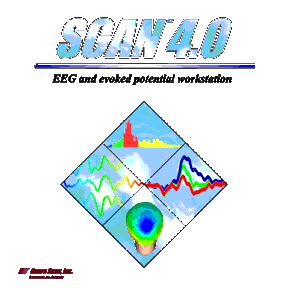
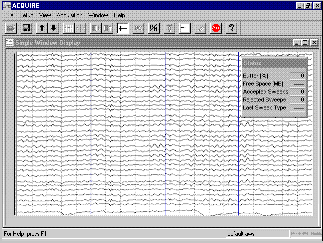
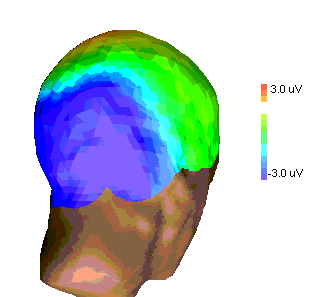
The Exercise and Sport Psychology Laboratory also provides students with state-of-art equipment for examining psycho- physiological factors related to exercise and sport. The laboratory contains two NeuroScan electroencephalographic (EEG) data acquisition systems and one NeuroStim software system which interfaces with the EEG equipment to provide a variety of motor, perceptual, and attentional performance tasks that can be time-linked to the EEG measures. The laboratory also contains numerous electrode caps of varying sizes and a multichannel Grass Model 12 Neurodata Acquisition System which combines neurological signal conditioners to aquire up to 20 channels of psychophysiological data. With this equipment, past research in our laboratory has included measures of continuous EEG, 40-Hz EEG, slow wave EEG, and event-related potentials. Software for brain mapping and spectral power estimates are also available. The psychophysiological equipment is transportable and, in the past, it has been used throughout the various laboratories in ESRI and has also been used in a number of field locations. In addition to EEG measurement, the laboratory also has equipment for on-line measurement of heart rate, skin resistence, temperature, startle (eye blink) response, and muscle tension (EMG activity). There is also biofeedback equipment for use in research or applied settings.
